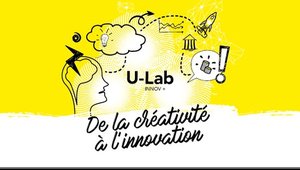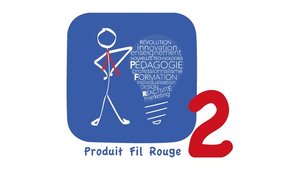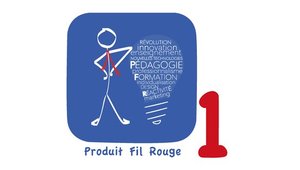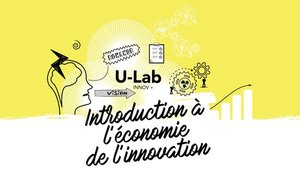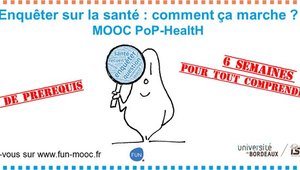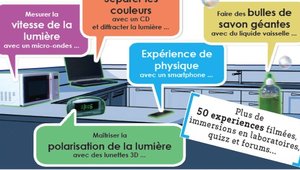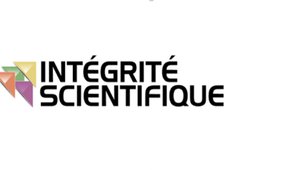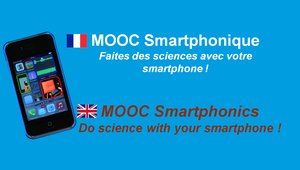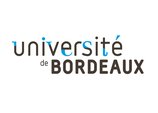
Université de Bordeaux
Créée le 3 septembre 2013, l'université de Bordeaux est le fruit de la fusion des universités Bordeaux 1, Bordeaux Segalen et Montesquieu Bordeaux 4. Avec 3200 enseignants et chercheurs, plus de 56 000 étudiants dont 6 200 étudiants internationaux et plus de 700 diplômes, l’université de Bordeaux est un des premiers pôles universitaires français et la 3ème université française (hors région parisienne) par son nombre d’étudiants. La formation et la recherche, fondamentalement liées, sont organisées autour de 4 collèges de formation (sciences et technologies, sciences de la santé, droit - science politique - économie-gestion, sciences de l'Homme), d’un collège regroupant 2 000 doctorants dans 8 écoles doctorales, d’un IUT, d’une École supérieure du professorat et de l’éducation, d’un Institut des sciences de la vigne et du vin, de 3 départements de recherche (sciences et technologies, sciences du vivant et de la santé, sciences humaines et sociales) et de 15 fédérations de recherche. L’université de Bordeaux propose plus de 50 formations internationales et 23 doubles diplômes et est l’un des 10 campus d’excellence français reconnus par un jury international.
L’Université de Bordeaux a pour objectif prioritaire la transformation pédagogique de son offre de formation. Lieu de diffusion des savoirs et de développement de compétences, elle choisit de diversifier ses dispositifs pédagogiques au service de l’apprentissage de tous les étudiants, notamment avec les MOOC.
Les MOOC impliquent des équipes d’enseignants-chercheurs et une Mission d’Appui à la Pédagogie et à l’Innovation (MAPI) dans la conception de ce nouveau modèle de formation à distance, et permettent à un public plus large d’accéder à de nouveaux domaines de connaissances.
Cours associés
Personnes liées
DOMINIQUE ROLIN
Catégories


